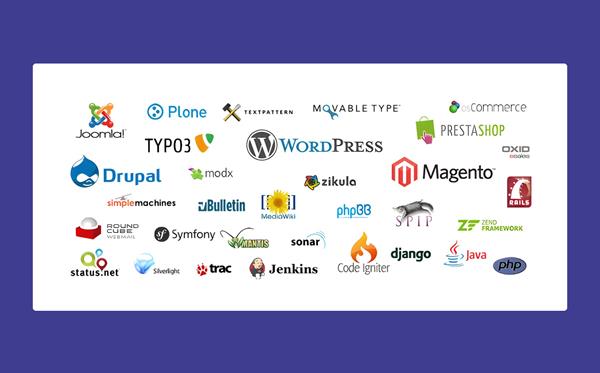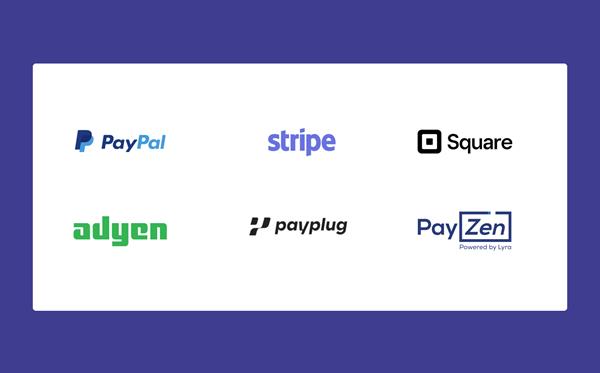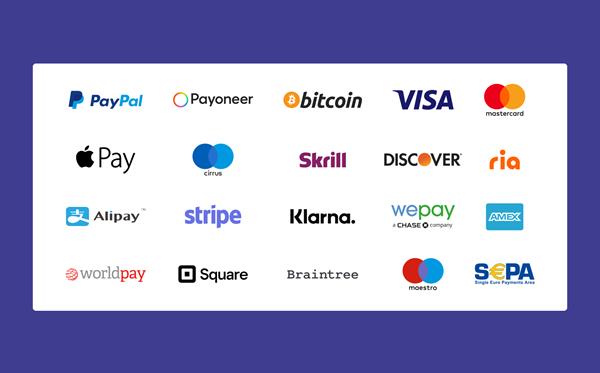Optimizing B2B Lead Generation for Long-Term Success

Lead generation is one of the most important aspects of growing a B2B business. It involves attracting and converting potential customers into leads, who can then be nurtured into long-term clients. Effective lead generation strategies rely on a combination of data-driven tactics, automation tools, and personalized engagement.
1. Understanding B2B Lead Generation
In B2B, the buying cycle is longer, and decisions often involve multiple stakeholders. Unlike B2C, where the buyer is often an individual, B2B deals involve teams that evaluate products or services before making a final decision. The key to successful B2B lead generation is building strong relationships and maintaining a consistent, value-driven approach throughout the buyer's journey.
Effective B2B lead generation starts with identifying your ideal customer profile (ICP). This helps businesses focus their efforts on attracting high-quality leads that are more likely to convert. By understanding the specific pain points, challenges, and needs of your target audience, you can tailor your content, outreach, and solutions to meet their needs.
2. Multi-Channel Lead Capture
B2B businesses must capture leads across multiple channels to ensure broad reach and engagement. From email marketing and SEO to content marketing and social media, each channel plays a role in driving lead generation. Implementing lead capture forms, landing pages, and downloadable resources (such as whitepapers, case studies, or eBooks) helps convert visitors into potential leads.
For example, using gated content on your website can encourage users to provide their contact information in exchange for valuable insights. This not only grows your lead list but also positions your business as an authority in your industry.
3. CRM Integration for Better Lead Management
Once leads are captured, effective management is crucial. Customer Relationship Management (CRM) tools help businesses organize and track their leads throughout the sales process. By integrating CRM systems with your lead generation efforts, you can ensure that every touchpoint with a potential customer is recorded and analyzed. This makes it easier for sales teams to follow up, nurture leads, and move them through the sales funnel.
Automated lead scoring is another useful feature of CRM systems. Lead scoring allows businesses to rank leads based on their engagement levels, helping sales teams focus their efforts on the most promising prospects. For example, a lead that has downloaded multiple resources or engaged with marketing emails would be ranked higher than a lead who has only visited a webpage once.
4. Personalized Outreach and Engagement
In B2B, personalization is key. Generic outreach is less effective when dealing with potential clients who expect tailored solutions. By personalizing communication based on the lead’s industry, challenges, or prior interactions, businesses can build stronger relationships and improve conversion rates.
Email marketing automation tools can help B2B companies deliver personalized messages to leads based on their behavior. For instance, if a lead has shown interest in a specific product or service, sending a follow-up email with relevant case studies or additional information can keep the conversation going. This targeted approach fosters engagement and moves leads closer to making a purchasing decision.
5. Using Data and Analytics for Lead Optimization
Lead generation doesn’t end once a lead is captured—it’s an ongoing process that requires continuous optimization. Analyzing the performance of your lead generation efforts helps identify what’s working and where improvements can be made. Tools like Google Analytics and CRM reporting can track key performance indicators (KPIs) such as conversion rates, time to close, and lead source effectiveness.
By understanding which channels or strategies generate the most high-quality leads, businesses can allocate resources more effectively. For instance, if a particular social media campaign is driving significant traffic to your website but few leads, this might indicate a need for better targeting or more engaging content.
6. Nurturing Leads Through Content Marketing
Content marketing plays a central role in B2B lead generation. Offering valuable content—such as blog posts, webinars, industry reports, and video tutorials—helps nurture leads by providing them with the information they need to make informed decisions. Educational content positions your business as a thought leader, building trust with potential clients.
Lead nurturing content should be mapped to each stage of the buyer’s journey. For example, top-of-funnel content, such as industry guides or whitepapers, is designed to attract and educate new leads. As leads move down the funnel, case studies and product demonstrations become more relevant as they evaluate your offerings against competitors.
7. CIQRA’s Role in B2B Lead Generation
CIQRA’s customizable platform is built to support advanced lead generation efforts for B2B businesses. With its seamless integration capabilities, businesses can connect their CRM systems, marketing automation tools, and analytics software to optimize lead management and follow-ups. CIQRA also offers flexible form builders and landing page designs to capture high-quality leads across different channels.
By utilizing CIQRA’s advanced reporting tools, businesses can track lead behavior, engagement, and ROI across all marketing channels, allowing for data-driven decision-making. This comprehensive approach ensures that B2B companies can maximize their lead generation efforts, nurture potential clients, and drive long-term growth.
Conclusion
Effective B2B lead generation requires a thoughtful, multi-channel strategy that includes data-driven insights, personalized outreach, and continuous optimization. By leveraging tools like CRM systems, personalized email marketing, and content-driven engagement, businesses can capture and nurture leads more efficiently. CIQRA’s platform offers the tools and flexibility needed to streamline the process, helping businesses succeed in today’s competitive B2B landscape.
Sources:
- HubSpot: https://www.hubspot.com/
- Salesforce: https://www.salesforce.com/
- McKinsey & Company: https://www.mckinsey.com/
- Forbes: https://www.forbes.com/
- Nielsen: https://www.nielsen.com/
- Statista: https://www.statista.com/




































